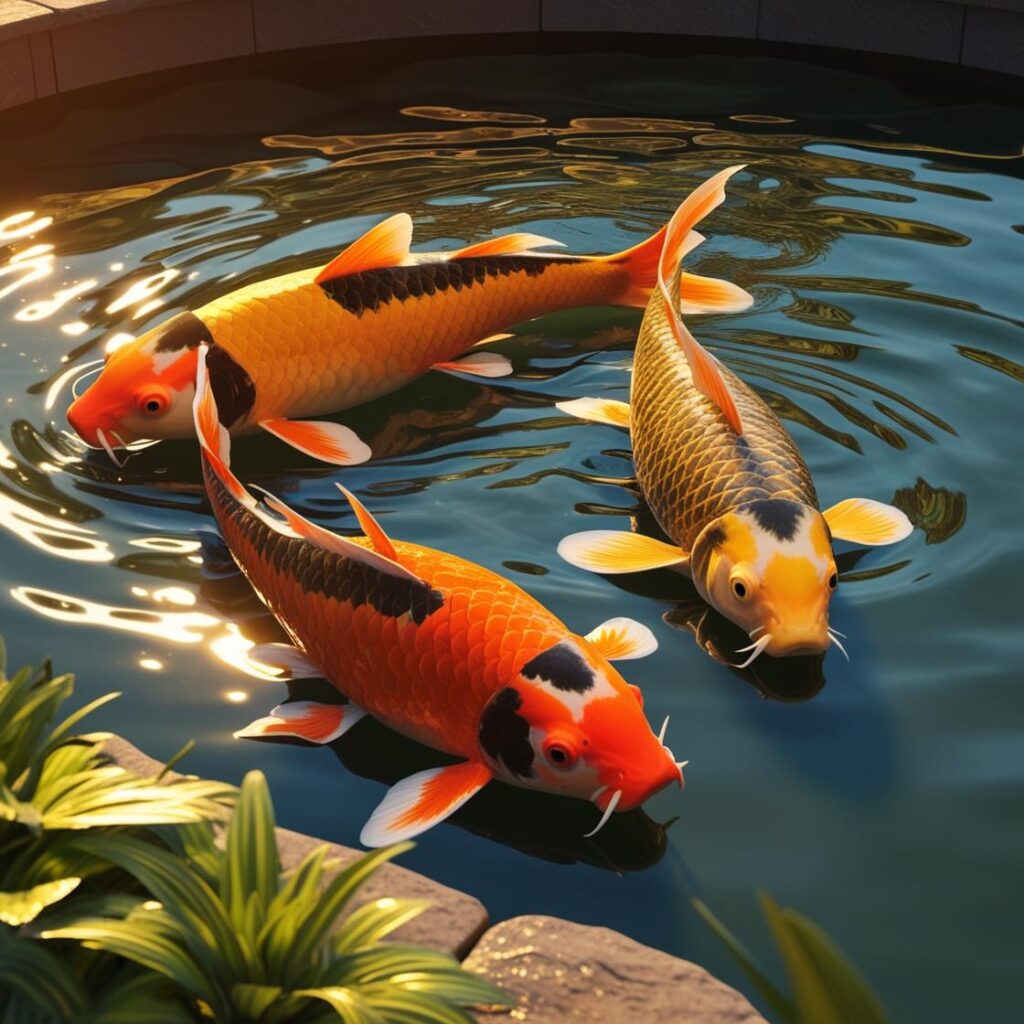
The Mahabharata is one of the two Itihasas of Bharat. It is the longest poem in the world. It is common knowledge that Mahabharata’s storyline is about the great war between the cousins Pandavas and Kauravas. But there is so much more in it in the form of worldly wisdom – mostly buried in the various conversations between characters in the epic. So, when we read a skimmed version of just the ‘story’ we naturally tend to lose sight of these treasures which are actually meant to guide our lives. The story which I am narrating is one such nugget of wisdom found in the Shanti Parva of the Mahabharata.
In the Mahabharata, after the war is over, Lord Krishna suggested to Yudhishtira, the eldest Pandava Prince to meet Bhishma Pitamaha to take lessons in Raja Dharma (code of conduct for a ruler). Bhishma Pitamaha was lying on a bed of arrows in the battlefield, awaiting his death. Krishna knew that Bhishma was one of the wisest people alive. He had extensive knowledge of Dharma – the moral order of society which sustains the civilization. Krishna thought that all that knowledge would be gone forever with the passing away of Bhishma. So he urged the reluctant Yudhishtira to go to the Pitamaha and clear all his doubts on Dharma, especially the Raja Dharma.
Yudhishtira finally agreed and met Bhishma Pitamaha. In the conversation between him and the Pitamaha, Bhishma tells many stories to make Yudhishtira understand Raja Dharma. One of the stories is about the three fishes. The same story is also there in the Mitra Bheda (Loss of friends) section of the Panchatantra (which came much later than Mahabharata). The Panchatantra story is slightly different though. It is not known if this Mahabharata story was its source.
Bhishma Pitamah told the following story (among many others) to illustrate how a ruler should have foresight of the state of affairs which could develop in the near future and how he/she should display swiftness in action and take initiative in responding to such developing situations.
Bhishma said:
Long ago in a pond lived many fishes of which three were friends. The pond was not very deep. The first fish Anagatavidhata was the wisest of all in that he could clearly foresee the future and plan accordingly. The second one called Pratyutpannamati who had good presence of mind and could respond to situations as they arose and get out of problematic situations. The third fish Deerghasutri had procrastination as his second nature. He always postponed doing what had to be done.
One day Anagatavidhata had overheard some fishermen wanting to come and catch all the fish in the pond. Since it was evening they had also dug some shallow outlets at lower levels to drain the water from the pond gradually as they planned to come next day for their catch.
Being wise, Anagatavidhata came and immediately cautioned his two friends. “I can see that the danger is lurking” he said. “I think it is safe to swim away to the nearby pond through the only canal which leads to it. One should always counter danger before it arrives. Come on, let’s go”. Deerghasutri just couldn’t be bothered. “Don’t imagine things” he told Anagatavidhata. “Nothing of that sort will happen and no danger is going to come. No need for such haste. Don’t you worry and worry us too!”. Deerghasutri swam off to the bottom of the pool lazily.
Pratyutpannamati agreed that Anagatavidhata’s fear was valid. But he was very confident that when the fishermen came, he could tackle the issue. “I will act when the time comes” said he.
Anagatavidhata stuck to his decision and swam away to a deeper pool that very evening through the only canal available.
As expected the fishermen came the next day. The water was very shallow and so they cast the net and caught almost all the fishes including Deerghasutri. Pratyutpannamati had luckily escaped as he was wary of the fishermen, but he knew that he could not escape should they cast the net once more. So, he thought quickly and caught hold of the net with his mouth and was hanging outside the net as if he was also caught. But with the huge number of fishes in the net the fishermen did not notice Pratyutpannamati.
They picked up the net which now looked like a big bag, went to the bigger pool nearby and dipped it with the fishes into the pool to wash the catch. Pratyutpannamati had anticipated this. The neck of the net was tied and so no fish could escape from inside, while Pratyutpannamati who was hanging outside the net, released the net from his mouth and slipped into the water and swam away to safety.
Deerghasutri had to die as a victim of his laziness and inaction’.
“Now” said Bhishma to Yudhishtira, “A ruler who procrastinates, who is confused in his thinking and does not realise when the right time has come, is destroyed like Deerghasutri. One who thinks he is smart and waits till the last minute to do the right thing faces danger like Pratyutpannamati and the one who takes steps to placate the danger even though it is far off, is successful in his objective like Anagatavidhata”.
This is the story of the three fishes in the Mahabharata.
It is very interesting to note that the art of storytelling has been used right from ancient days like this one in the Itihasas, even for grown-ups, to drive home the learning. Is it not???
Note 1: Reference for this story – The Mahabharata Volume 8 by Shri Bibek Debroy and Mahabharata Unravelled II by Ms. Ami Ganatra.
Note 2: Anagatavidhata is to be pronounced as Anaagatavidhaata.
Note 3: The image of the three fishes has been generated by me with the help of AI.

Lalithambal Natarajan
nice one
krvidhyaa
Thank you Akka!
Vidya @ Manomayi
Very well narrated dear friend! Great job! Keep up your good work! Would love to read all your stories! God bless you! 🙏🙏🙏🙏💐💐💐💐💌💌💌💌
krvidhyaa
Thank you Vidya!!!
Sripriya Ramesh
Wonderful story Vidhya. Enjoyed reading. Beautifully written. Congratulations!
krvidhyaa
Thank you Sripriya!!
Gomathi S
Thought provoking story. Nice.
krvidhyaa
Thank you Goma!!
GIRIJA N
Interesting story with interesting narration. Keep up the good work.
Anuradha
We are more priviliged to read the stories from Itihasa. Excellent Narration mam. Way to go🤝👌👏
krvidhyaa
Thank you Anuradha ji!